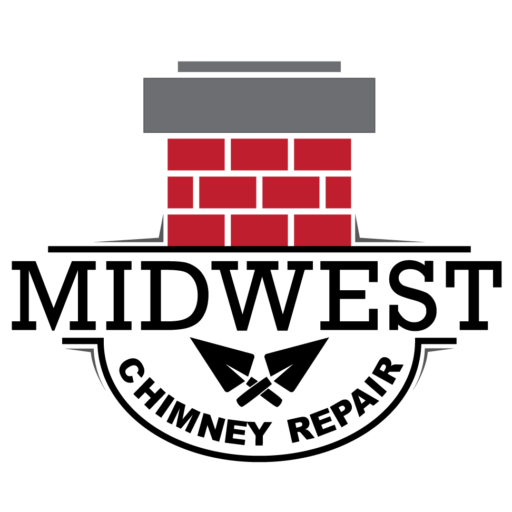Certifications and Training

Certifications and Training Chimney Repair – The Owner uses the United States Air Force model in continuing education, all team members will continue their education as long as they are on our team and or be enrolled in training in industry courses. We ask our customers to please ask our team members about their continuing education and what courses they are enrolled in and what certifications they hold.
Here are some of the continuing Education programs and certifications our team members are currently enrolled in and have obtained certifications.
The Best Resource for the Best Pros in the Industry
CSIA Fireplace building
Rumford Fireplace building
The Rumford fireplace is a tall, shallow fireplace designed by Sir Benjamin Thompson, Count Rumford, an Anglo-American physicist best known for his investigations of heat. Its shallow, angled sides are designed to reflect heat into the room, and its streamlined throat minimizes turbulence, thereby carrying away smoke with little loss of heated room air.
Masonry School
This is an intensive 5-day class combining a short period of classroom theory each morning, and hands-on projects relating to the theory lessons. The course is geared to provide the student with basic knowledge and the skills necessary to perform a variety of chimney-related masonry tasks that will be beneficial and profitable for a sweeping company.


- Appliance Standards
- Fuel characteristics and delivery
- Combustion requirements
- Pipe sizing and installation
- Troubleshooting
- Carbon monoxide testing
- Fuel conversions.

• Introduction to Fall Protection
• Fall Protection Equipment
• All About Rope & Knots
• Webbing & Carabiners
• Line Placement Methods
• Anchoring – Single & Load Sharing Anchors
• Harnesses, Ascenders & Descenders
• Working on Pitched Roofs
• Suspension Trauma, Self-Rescue & Assisted Rescue
• Fall Protection Hazard Survey
• OSHA Fall Protection Requirements & Fall Protection Program
• Gear Inspection & Maintenance
Choosing a service company is no small matter. It starts with researching a chimney sweep near you. You want someone skilled, reliable, and trustworthy, but there’s more to consider. Because your family’s safety is at stake (from flue fires and carbon monoxide), choosing the best chimney technician you can find is worth the effort.
To help consumers make the process easier, we’ve put together a list of 5 things to consider before hiring a company or individual to clean your fireplace and chimney flue:
- CSIA Certifications
- Proper Training
- Liability Insurance
- Local Area Expertise
- HOMEOWNER LIABILITY
1. CSIA Certified Qualifications
Is the service person a CSIA Certified Chimney Sweep by the Chimney Safety Institute of America?
Unfortunately, not all chimney companies undergo the riggers to ensure they only send out qualified people. The Certified Chimney professionals who dedicate themselves to proper care and cleaning of chimneys are a homeowner’s minimal qualification for reliable chimney care.
A CSIA Certified Chimney Technician studies intensely and undergoes the official testing (through the Chimney Safety Institute of America) to earn the title and gain professional basics necessary to perform a chimney and fireplace cleaning with an inspection.
Make sure to inquire if a CSIA Certified Tech will be present at the job site during your service.
2. Proper Training
Is your technician adequately trained?
CSIA training is the industry standard, and it should be non-negotiable when choosing who you trust with your fireplace and chimney maintenance plan. However, it goes beyond getting certified and extends into ongoing education.
Your chimney service should only send out a maintenance person with sufficient experience and is trained under a Master Chimney Sweep. The reason is that understanding the various types of fireplaces and venting systems is no small matter. The job requires a skilled professional who is continually working on acquiring new knowledge as the industry evolves.
Master Technicians have worked in the trade at least ten years as a certified professional and have a track record of additional training and peer review supervision. You should ask if the chimney technician coming to your home is qualified for the service you need.
3. Liability Insurance
Does the company have insurance? A company that does is more than happy to prove it!
Working on fireplaces and chimneys is dangerous and dirty work. You’ll need extra diligence to ensure that the workers are safe and the home protected from any unintended mess or mishap. By both properly training the crew members and having liability insurance, a chimney cleaning service is going above the average to provide protection for employees and customers alike. Be sure the chimney company has several technicians who have credentials and are covered by liability insurance.
4. Experience with Chimneys in Your Area
Does the technician have enough experience and training with the types of chimneys that are common where you live? Look for established service companies that have experience working on homes in your local area.
When you find the right specialist, ask them a few more questions. Perhaps the company was established long ago, but how long have they serviced your area? It may seem an odd question to ask, but chimneys are unique, and so are their problems. Different regions may be more prone to different types of issues.
If a company is new to your area, it’s technicians may not yet be familiar with troubleshooting chimney problems locally. The differences could be due to construction style or even seasonal conditions! A Certified Sweep who works under a technician who holds a Master Certification is uniquely qualified to provide both new insight and the knowledge that only comes from years of working experience.
4. HOMEOWNER LIABILITY
This is the part of the that has to be talked about, as a small company maintaining over 1500 customers we run across on a daily basis individuals whoa re not certified and or have no insurance, this puts the liability and risk on you and your family if they were to fall off your roof on your property.


